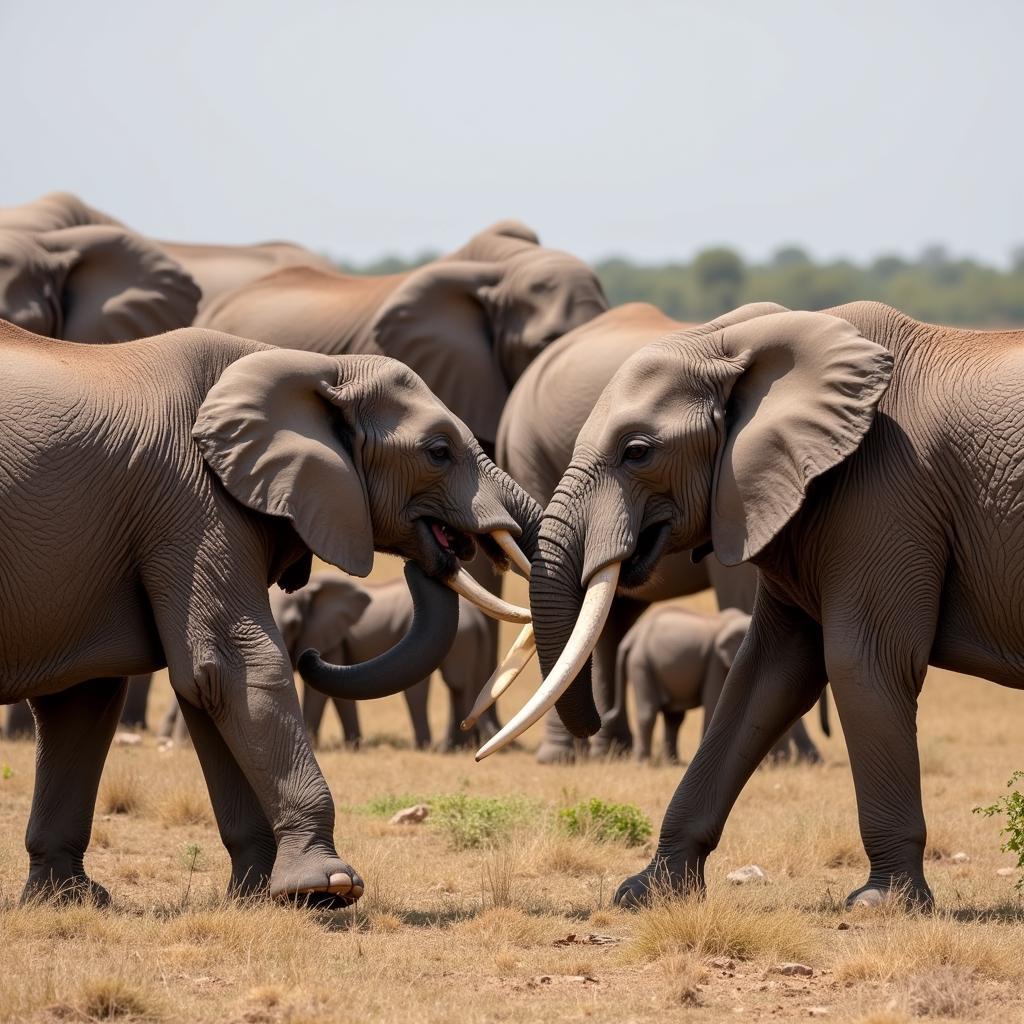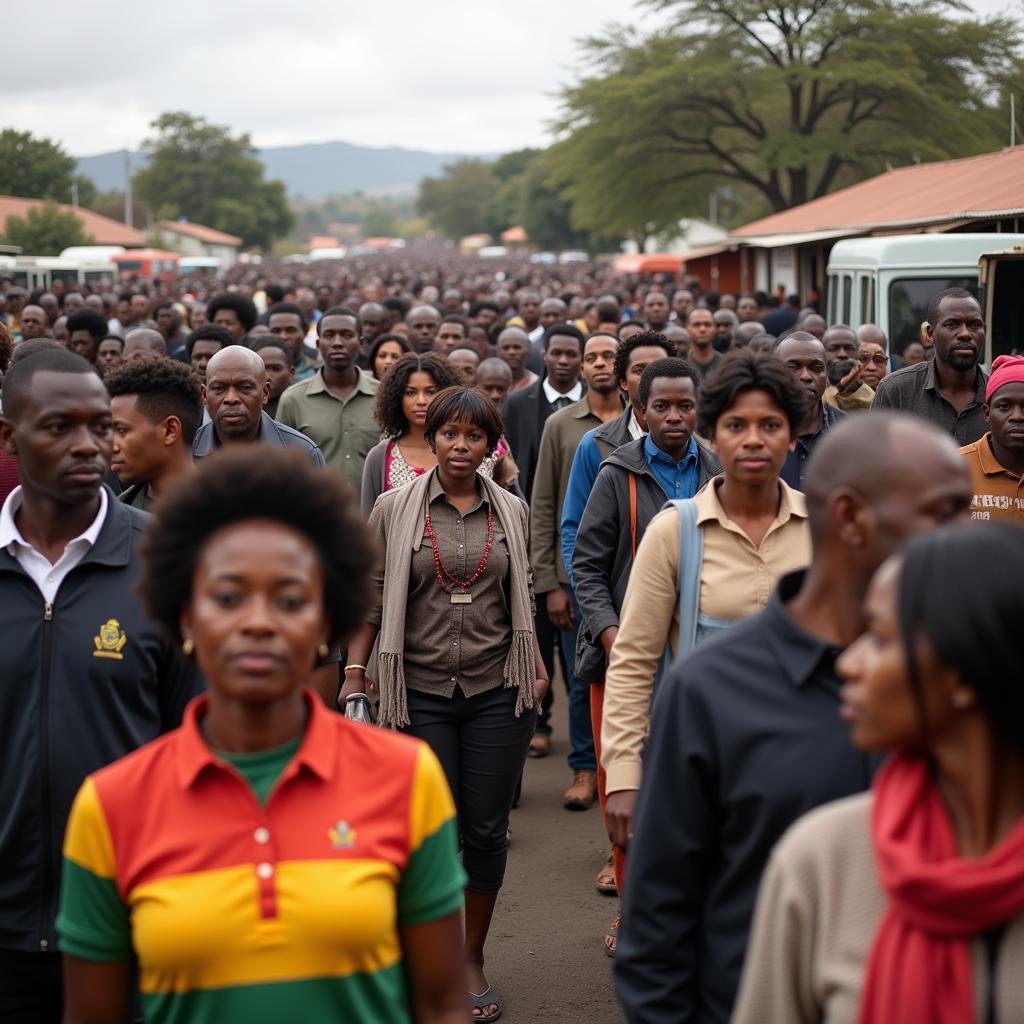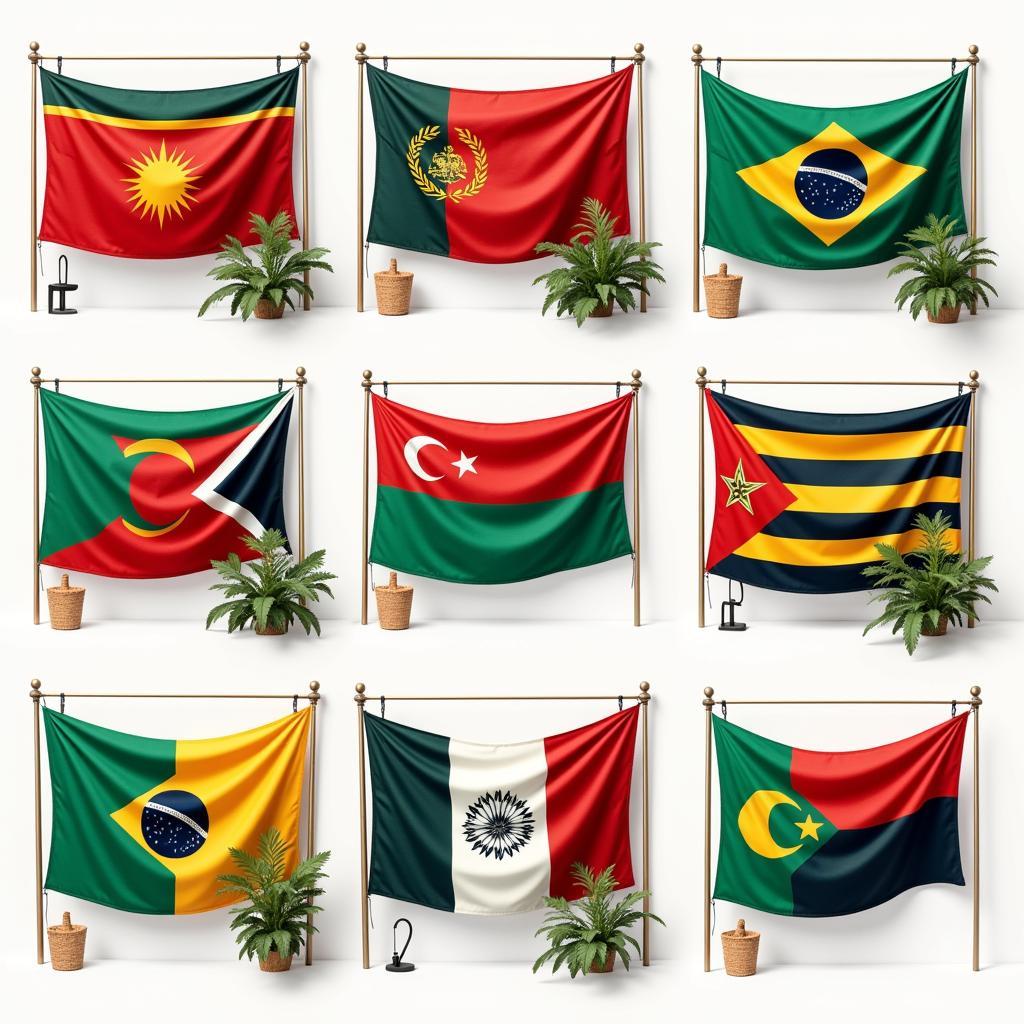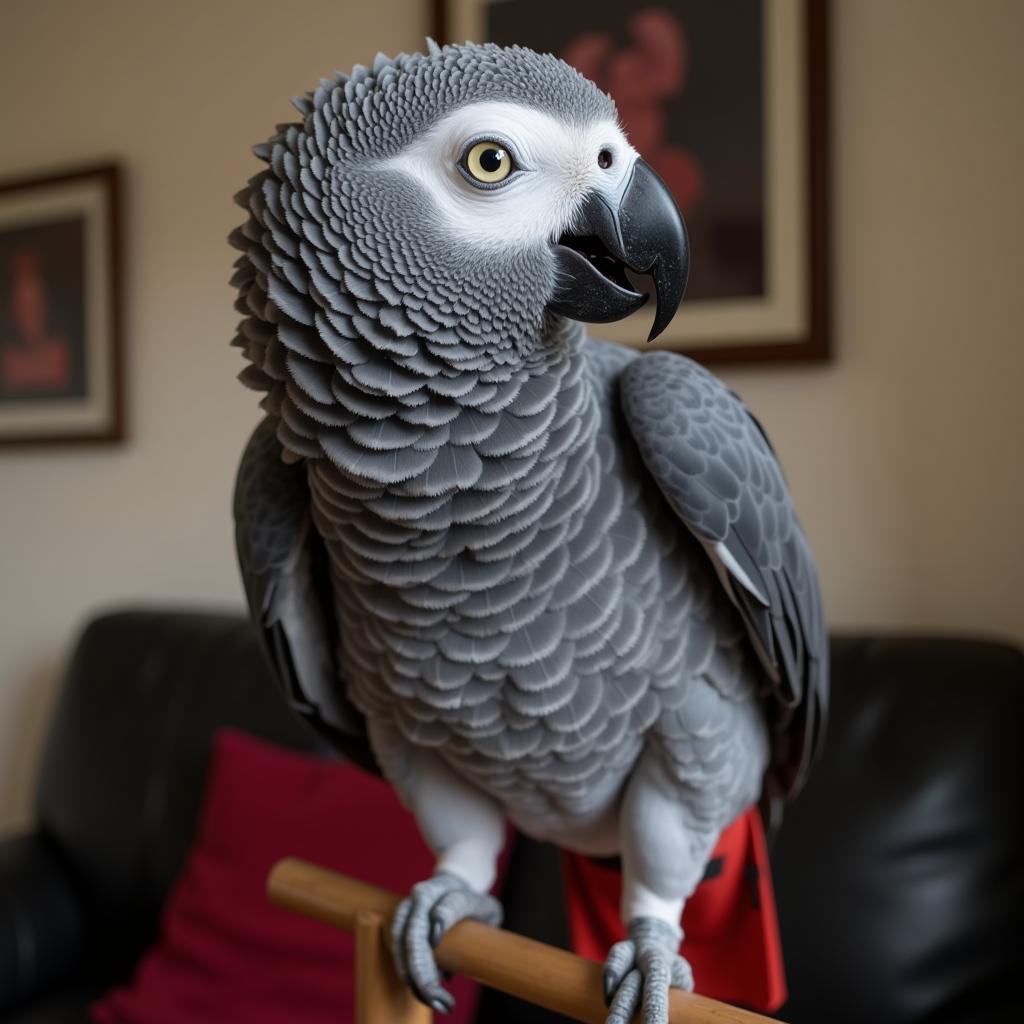African Elephant Mating: A Deep Dive into the Rituals and Realities
African Elephant Mating is a complex and fascinating process, deeply intertwined with the social dynamics and survival of these magnificent creatures. It’s a subject that sparks curiosity, and this article aims to provide a comprehensive understanding of the intricate rituals, biological factors, and conservation implications surrounding African elephant mating. african elephant mating habits
Understanding the Mating Season
The African elephant mating season isn’t strictly defined by a specific timeframe like some other animals. Instead, it’s influenced by various factors, including rainfall patterns, food availability, and the individual female’s estrous cycle. While mating can occur year-round, it’s more common during periods of abundant resources. african elephant mating season
How do elephants choose their mates?
Female elephants, or cows, typically enter estrus every two to four years. During this period, they release chemical signals that attract bulls from miles around. The bulls compete fiercely for the right to mate, engaging in impressive displays of dominance. Older, larger bulls often have an advantage, reflecting the evolutionary pressure for strong genes.
 African Elephant Mating Ritual
African Elephant Mating Ritual
The Role of Musth in African Elephant Mating
Musth is a periodic condition in mature bull elephants characterized by heightened aggression and a surge in testosterone levels. It’s a crucial factor in African elephant mating, as bulls in musth are significantly more likely to attract females and successfully reproduce. african bull elephant mating
What are the signs of musth?
A bull in musth will exhibit several distinct signs: temporal gland secretions, urine dribbling down the legs, and a distinctive, low-frequency rumble. These signals advertise the bull’s readiness to mate and serve as a warning to other males.
The Mating Process: From Courtship to Conception
The actual mating process in African elephants is relatively brief, but the courtship rituals can be elaborate. The bull will follow the cow in estrus, gently touching her with his trunk and demonstrating his strength and fitness. Once the cow accepts the bull, mating occurs.
How long does the mating process last?
The act of copulation itself typically lasts only a few minutes. However, the courtship period can extend for several days, as the bull continues to guard the cow from other potential suitors.
african elephant mating rituals
Conservation Implications of African Elephant Mating
Understanding African elephant mating is vital for conservation efforts. Factors like habitat loss, poaching, and human-wildlife conflict can disrupt natural breeding patterns, further endangering these vulnerable populations.
How can we protect elephant mating grounds?
Protecting elephant mating grounds requires a multi-pronged approach: establishing protected areas, combating poaching, and promoting sustainable land use practices that minimize human-elephant conflict.
Conclusion: The Future of African Elephant Mating
African elephant mating is a vital process for the long-term survival of these iconic animals. By understanding the complexities of their reproductive behavior, we can develop more effective conservation strategies to protect them for future generations. Continued research and conservation efforts are crucial to ensuring that African elephant mating continues to thrive in the wild. African elephant mating is a testament to the resilience and adaptability of these incredible creatures. african elephant mating video
FAQ
-
How often do African elephants mate? Female elephants can enter estrus every two to four years.
-
What is the role of musth in mating? Musth increases a bull’s chances of mating by making him more attractive to females and more aggressive towards rivals.
-
How long is an elephant’s gestation period? Approximately 22 months.
-
How many calves do elephants usually have at a time? Typically one, although twins occasionally occur.
-
What threats do elephants face that impact their mating? Habitat loss, poaching, and human-wildlife conflict.
-
How can I help protect African elephants? Support reputable conservation organizations and advocate for policies that protect elephants and their habitats.
-
Where can I learn more about elephant conservation? Numerous websites and organizations provide valuable information on elephant conservation efforts.
When you need support please contact Phone Number: +255768904061, Email: [email protected] Or visit us at: Mbarali DC Mawindi, Kangaga, Tanzania. We have a 24/7 customer care team.




